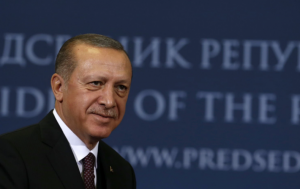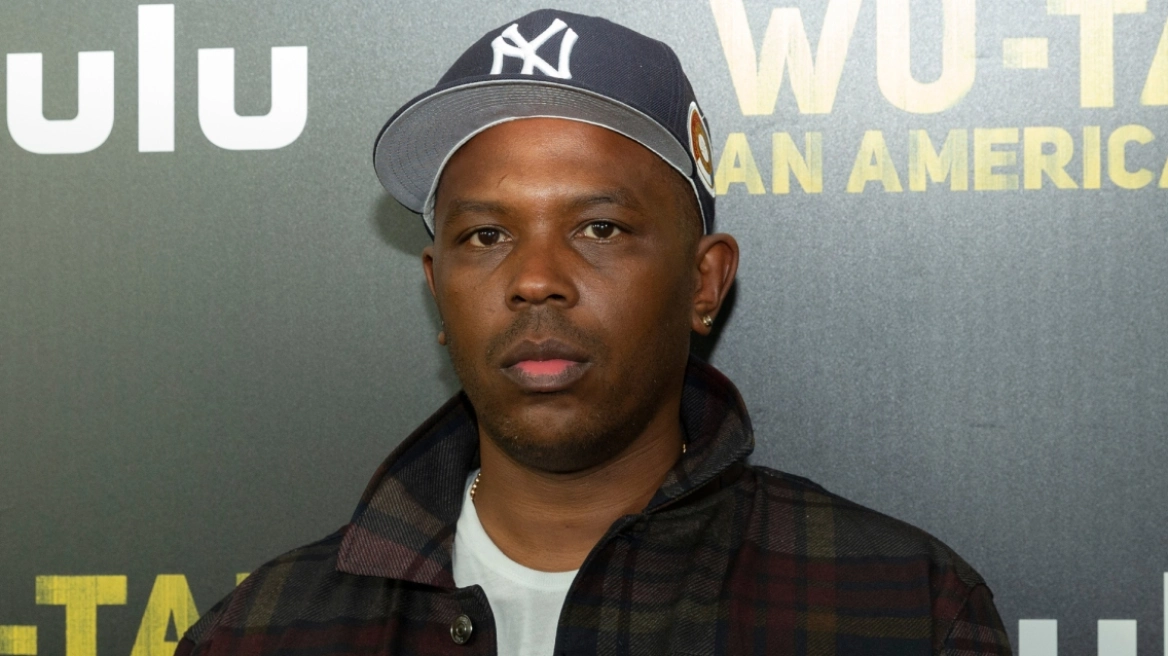Authoritarian governments around the world have increasingly embraced the disgraceful tactic of arresting U.S. citizens and holding them as de facto hostages in an attempt to gain leverage over Washington. Iran and North Korea were pioneering practitioners — and both repeatedly extracted U.S. concessions. That probably encouraged other nations, including Egypt and Venezuela. Now comes Recep Tayyip Erdogan’s Turkey, a NATO member that appears well on its way to becoming an outlaw state.
In the past year the Erdogan government has seized a dozen Americans as well as two Turks working for U.S. consulates. With a brazenness that would make Tehran’s Revolutionary Guard Corps blush, Mr. Erdogan recently made clear that the prisoners are little more than pawns whom he wishes to trade for Turks in the United States — particularly the cleric Fethullah Gulen, an Erdogan rival who lives in Pennsylvania. “Give us that pastor,” Mr. Erdogan recently said of Mr. Gulen, “and we will do what we can” to release Andrew Brunson, an America minister.
Following the latest arrest, of a consular employee in Istanbul, an understandably exasperated U.S. Embassy announced a freeze Sunday on the issuance of nonimmigrant visas to Turks — a drastic measure that was quickly reciprocated by the Turkish mission in Washington. Such a ban could hurt many innocent people, including Turkish journalists and civil society activists working to resist Mr. Erdogan’s repression. If it endures, it should be refined to target government officials, business executives and others linked to the regime.
There’s no question, however, that the Trump administration, which has persisted in describing Mr. Erdogan as a close ally, must now stand up to his bullying. The Turkish ruler appears to believe he can persecute Americans with impunity; his arrogance was encapsulated when he watched as his security detail attacked peaceful protesters outside the Turkish ambassador’s residence in Washington in May. His demands about Turks in the United States are equally lawless. Ankara has offered scant evidence that Mr. Gulen is guilty of a crime, which means that U.S. courts could not approve extradition. Two other Turks whose return Mr. Erdogan seeks are being prosecuted for helping Iran evade sanctions.
Over about 15 years in power, Mr. Erdogan may have drawn the conclusion that Washington will inevitably tolerate his transgressions because of Turkey’s strategic importance. Unfortunately, the Obama administration provided plenty of evidence for that, as has President Trump, who after meeting Mr. Erdogan last month inexplicably declared that “we are as close as we’ve ever been.” In fact, Turkey’s value in fighting the Islamic State has diminished as U.S. forces have partnered with rival Kurds; and Ankara’s decision to work with Russia and Iran in Syria, while purchasing an advanced air defense system from Moscow, has further detached it from the West.
The long-standing U.S. alliance with Turkey should be preserved, to the extent that is possible with Mr. Erdogan in power. But that cannot come at the expense of tolerating hostage-taking and assaults on the U.S. rule of law. Mr. Erdogan should be made to understand that he is risking a rupture of relations that will do far more harm to his regime than to the United States.
Source: washingtonpost.com
Ask me anything
Explore related questions





